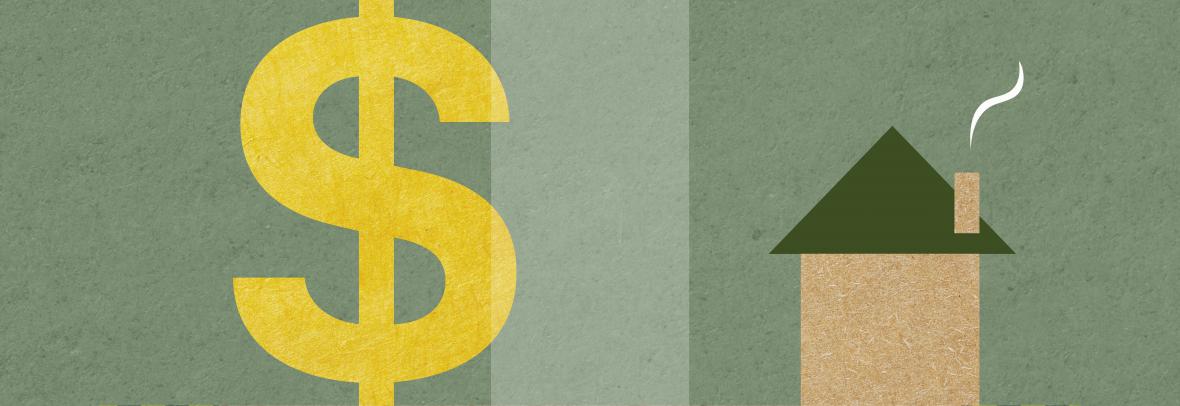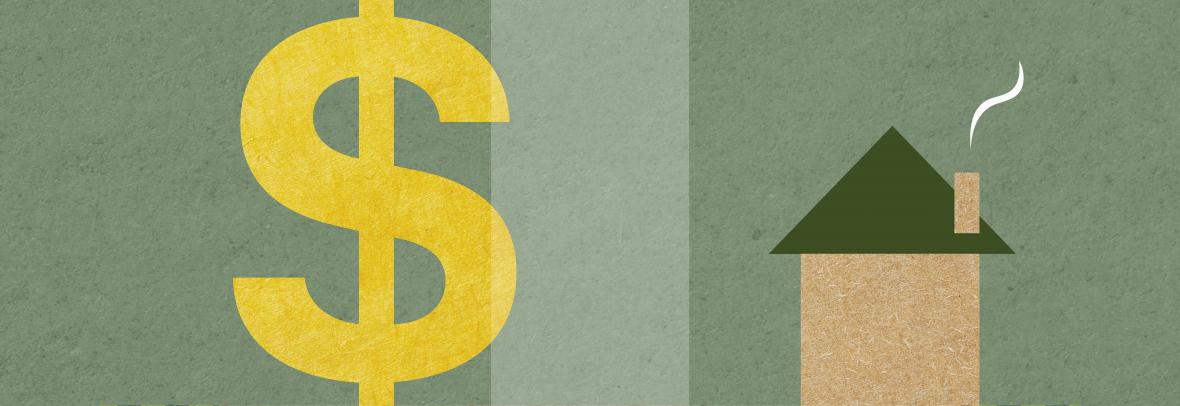
A Fannie Mae economist expects home sales activity to pick up this year as mortgage rates decline. Already, more consumers are indicating now is good time to buy.
WASHINGTON – The Fannie Mae Home Purchase Sentiment Index (HPSI) increased 3.2 points in June to 72.6, rebounding from last month’s dip and returning the index nearer the plateau it set earlier this year.
This month, 19% of consumers indicated that it’s a good time to buy a home, up from 14% in May, which represented a new survey low. The share believing it’s a good time to sell also increased, rising from 64% to 66%. Greater shares of consumers also indicated belief that home prices and mortgage rates would rise over the next 12 months. Among the household finance components, the percentage of consumers expressing a sense of job security jumped to 79%, an increase of 4 percentage points compared to May. The full index is up 6.6 points year over year.
“Affordability concerns remain the primary driver of consumer housing sentiment, even as the topline findings from our monthly survey showed a modest uptick in optimism on both homebuying and home-selling conditions,” said Mark Palim, Fannie Mae vice president and deputy chief economist.
“If mortgage rates decline through the end of the year, as we currently forecast, we do think home sales activity will pick up, but progress on that front is likely to be slow due to the ongoing imbalance between supply and demand. A significant majority of consumers continue to tell us that it’s a ‘bad time’ to buy a home, and they’re also telling us that they expect both home prices and mortgage rates to move higher over the next 12 months. Taken together, in our view, this leaves little upside to overall sentiment until meaningful progress is made on affordability – most likely in the form of either lower rates or improved supply. Of course, the flip side to a difficult purchase market is an advantageous sales market, and respondents also maintained their position that it’s a generally good time to sell, pointing to high home prices as the primary reason.”
Home Purchase Sentiment Index – component highlights
Fannie Mae’s Home Purchase Sentiment Index (HPSI) increased 3.2 points in June to 72.6. The HPSI is up 6.6 points compared to the same time last year. Read the full research report for additional information.
- Good/Bad Time to Buy: The percentage of respondents who say it is a good time to buy a home increased from 14% to 19%, while the percentage who say it is a bad time to buy decreased from 86% to 81%. As a result, the net share of those who say it is a good time to buy increased 9 percentage points month over month.
- Good/Bad Time to Sell: The percentage of respondents who say it is a good time to sell a home increased from 64% to 66%, while the percentage who say it’s a bad time to sell decreased from 35% to 33%. As a result, the net share of those who say it is a good time to sell increased 4 percentage points month over month.
- Home Price Expectations: The percentage of respondents who say home prices will go up in the next 12 months increased from 42% to 45%, while the percentage who say home prices will go down decreased from 18% to 17%. The share who think home prices will stay the same decreased from 40% to 36%. As a result, the net share of those who say home prices will go up in the next 12 months increased 3 percentage points month over month.
- Mortgage Rate Expectations: The percentage of respondents who say mortgage rates will go down in the next 12 months decreased from 25% to 24%, while the percentage who expect mortgage rates to go up increased from 31% to 33%. The share who think mortgage rates will stay the same remained unchanged at 42%. As a result, the net share of those who say mortgage rates will go down over the next 12 months decreased 2 percentage points month over month.
- Job Loss Concern: The percentage of respondents who say they are not concerned about losing their job in the next 12 months increased from 75% to 79%, while the percentage who say they are concerned decreased from 24% to 20%. As a result, the net share of those who say they are not concerned about losing their job increased 8 percentage points month over month.
- Household Income: The percentage of respondents who say their household income is significantly higher than it was 12 months ago decreased from 20% to 16%, while the percentage who say their household income is significantly lower decreased from 12% to 10%. The percentage who say their household income is about the same increased from 67% to 72%. As a result, the net share of those who say their household income is significantly higher than it was 12 months ago decreased 2 percentage points month over month.
About Fannie Mae’s Home Purchase Sentiment Index
The Home Purchase Sentiment Index (HPSI) distills information about consumers’ home purchase sentiment from Fannie Mae’s National Housing Survey (NHS) into a single number. The HPSI reflects consumers’ current views and forward-looking expectations of housing market conditions and complements existing data sources to inform housing-related analysis and decision making. The HPSI is constructed from answers to six NHS questions that solicit consumers’ evaluations of housing market conditions and address topics that are related to their home purchase decisions. The questions ask consumers whether they think that it is a good or bad time to buy or to sell a house, what direction they expect home prices and mortgage interest rates to move, how concerned they are about losing their jobs, and whether their incomes are higher than they were a year earlier.
Source: Fannie Mae
© 2024 Florida Realtors®
Go to Source
Author: amyc



